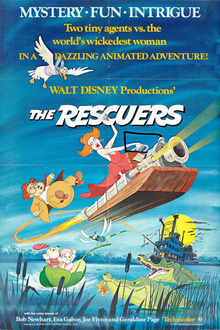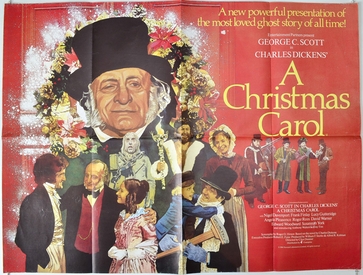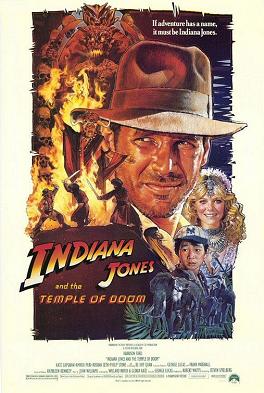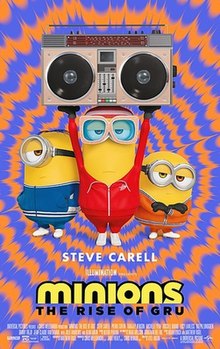
The third installment of the Indiana Jones film series, which had somewhat fallen into development hell due to the length between it and the second film, opens with a bit of backstory on the eponymous adventurer, archaeologist, and adventurer in 1912 when he was in the Boy Scouts, separating from his fellow troop members and stumbling upon a few criminals holding the golden Cross of Coronado, which he attempts to steal so it can go on display in a museum, only to lose it again. Fast-forward to 1938 off the Portuguese coast where he encounters the same gang again, gets it, and returns to the college where he teaches.
There, Indy learns the Nazis are seeking the Holy Grail and travels to Italy to meet with Dr. Elsa Schneider, with whom he visits a Venetian library to start the quest proper, coming along a tomb that holds the remaining portion of the tablet his missing father, Dr. Henry Jones, had that gives clues to the location of the Grail. There, he briefly battles with members of the Order of the Cruciform Sword tasked with protecting the Holy Grail for under two millennia, and spares the life of one of its members, Kazim, who has an excellent quote, probably the most iconic in the series, that summarizes my personal Christian views: “Ask yourself: why do you seek the Cup of Christ? Is it for His glory, or for yours?”
Indy learns that his father is held captive in Anschluss Austria, near the main German border, with the two fighting their way out and going to Berlin to take a zeppelin in an attempt to reach Hatay (a short-lived country part of what now is Turkey), although it turns around, with Jones and his father needing to elude the Nazis again, ultimately reaching their destination enroute to the Holy Grail. After further conflicts with the Germans, the temple that houses the Grail Indy and his companions reach, where certain riddles need to be solved to safely reach the artifact.
Given the final scenes involving the confrontation over the Cup of Christ, the quarrel over it seems somewhat pointless, and things would have ended the same, like
Raiders of the Lost Ark, if Indy had just stayed home, though then again, said quest for it does have the auxiliary effect of Indy reconciling with his father. However, said revelation about getting the Grail out of the temple doesn’t reveal itself until near the end, but still. John Williams’s score, as always, is excellent, and this is probably my favorite of the series, given the religious overtones and above iconic quotation.













